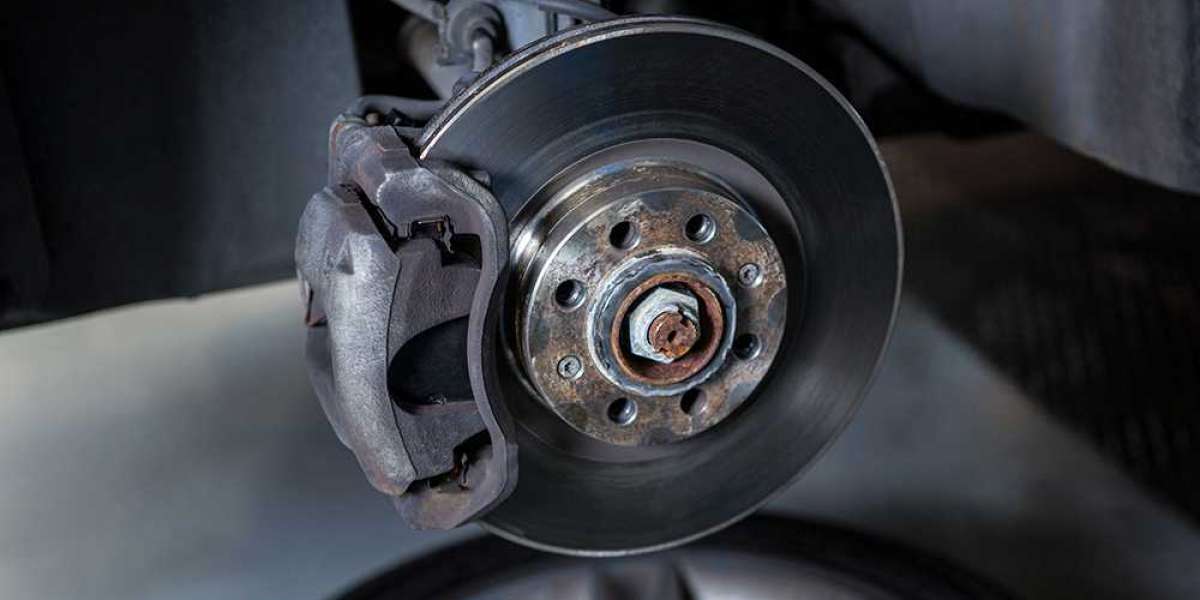Introduction
When it comes to auto repair, many of us find ourselves in unfamiliar territory. Whether it's a mysterious noise under the hood, a warning light on the dashboard, or just routine maintenance, understanding the world of auto repair can be a daunting task. However, with some basic knowledge and a little guidance, you can navigate the world of auto repair with confidence. In this comprehensive guide, we will cover everything you need to know about auto repair, from common issues to choosing the right mechanic.
Common Auto Repair Issues
Check Engine Light: One of the most common and anxiety-inducing issues is the check engine light. When this light illuminates on your dashboard, it's a sign that your vehicle's computer has detected a problem. It could be something as simple as a loose gas cap or a more complex issue like a faulty sensor or engine problem. To diagnose the issue, you'll need a diagnostic scan tool to read the trouble codes. Once you have the codes, you can research or consult a mechanic to determine the problem's severity and required repairs.
Brake Problems: Your vehicle's brakes are critical for safety. If you hear squeaking, grinding, or experience reduced braking performance, it's essential to address these issues promptly. Common brake problems include worn brake pads, damaged rotors, and brake fluid leaks. Regular brake inspections and maintenance can help prevent costly repairs and ensure your safety on the road.
Suspension Issues: A rough ride or unusual noises when driving over bumps can indicate suspension problems. These issues can affect your vehicle's handling and comfort. Suspension problems may involve worn-out shock absorbers, struts, or damaged control arms. A qualified mechanic can diagnose and repair these issues, restoring your vehicle's ride quality.
Transmission Troubles: Problems with your vehicle's transmission can range from minor to severe. Symptoms like slipping gears, delayed shifting, or strange noises require immediate attention. Regular transmission fluid changes can help prevent issues, but if you encounter problems, it's crucial to consult a transmission specialist for a diagnosis and repair plan.
Electrical Problems: Modern vehicles rely heavily on complex electrical systems. Issues with your vehicle's electrical components can manifest as dead batteries, malfunctioning lights, or power window problems. Troubleshooting electrical issues can be challenging, so it's best to consult a professional auto electrician for a reliable diagnosis and repair.
Choosing the Right Mechanic
Selecting the right mechanic is crucial for ensuring your vehicle receives quality repairs and maintenance. Here are some tips to help you find a trustworthy mechanic:
Ask for Recommendations: Seek recommendations from friends, family, and colleagues who have had positive experiences with mechanics in your area. Word of mouth can be a valuable resource for finding reliable professionals.
Check Reviews: Online reviews on platforms like Google, Yelp, and Facebook can provide insights into the reputation and customer satisfaction of local auto repair shops. Be sure to read a variety of reviews to get a balanced perspective.
Certifications and Credentials: Look for mechanics with certifications from organizations like the National Institute for Automotive Service Excellence (ASE). These certifications indicate a mechanic's competence and commitment to quality work.
Get Multiple Quotes: When facing a significant repair or maintenance task, it's a good idea to obtain quotes from several different shops. This can help you compare prices and ensure you're not overpaying for the services you need.
Visit the Shop: Take the time to visit the auto repair shop in person. Check for cleanliness, organization, and the professionalism of the staff. A well-maintained shop often reflects the quality of service you can expect.
Auto Repair Maintenance
Preventive maintenance is the key to extending the life of your vehicle and reducing the frequency of costly repairs. Here are some essential maintenance tasks to consider:
Regular Oil Changes: Engine oil lubricates crucial components and helps maintain engine health. Follow your vehicle manufacturer's recommendations for oil change intervals, typically every 3,000 to 7,500 miles.
Tire Maintenance: Proper tire inflation, rotation, and alignment are essential for tire longevity and safe handling. Check your tire pressure regularly and replace tires when they become worn.
Fluid Checks: Regularly inspect and top up essential fluids such as coolant, transmission fluid, brake fluid, and power steering fluid. Low or dirty fluids can lead to serious issues.
Air Filter Replacement: A clogged air filter can reduce engine performance and fuel efficiency. Replace it as recommended by your vehicle's maintenance schedule.
Brake Inspections: Schedule regular brake inspections to ensure your braking system is in good condition. Address any issues promptly to prevent accidents.
Conclusion
Auto repair may seem intimidating, but with a basic understanding of common issues, a reliable mechanic, and regular maintenance, you can keep your vehicle running smoothly and safely. Remember that addressing problems early can prevent more extensive and costly repairs down the road. By following the tips and guidelines in this guide, you'll be better equipped to navigate the world of auto repair and keep your vehicle in top condition.








